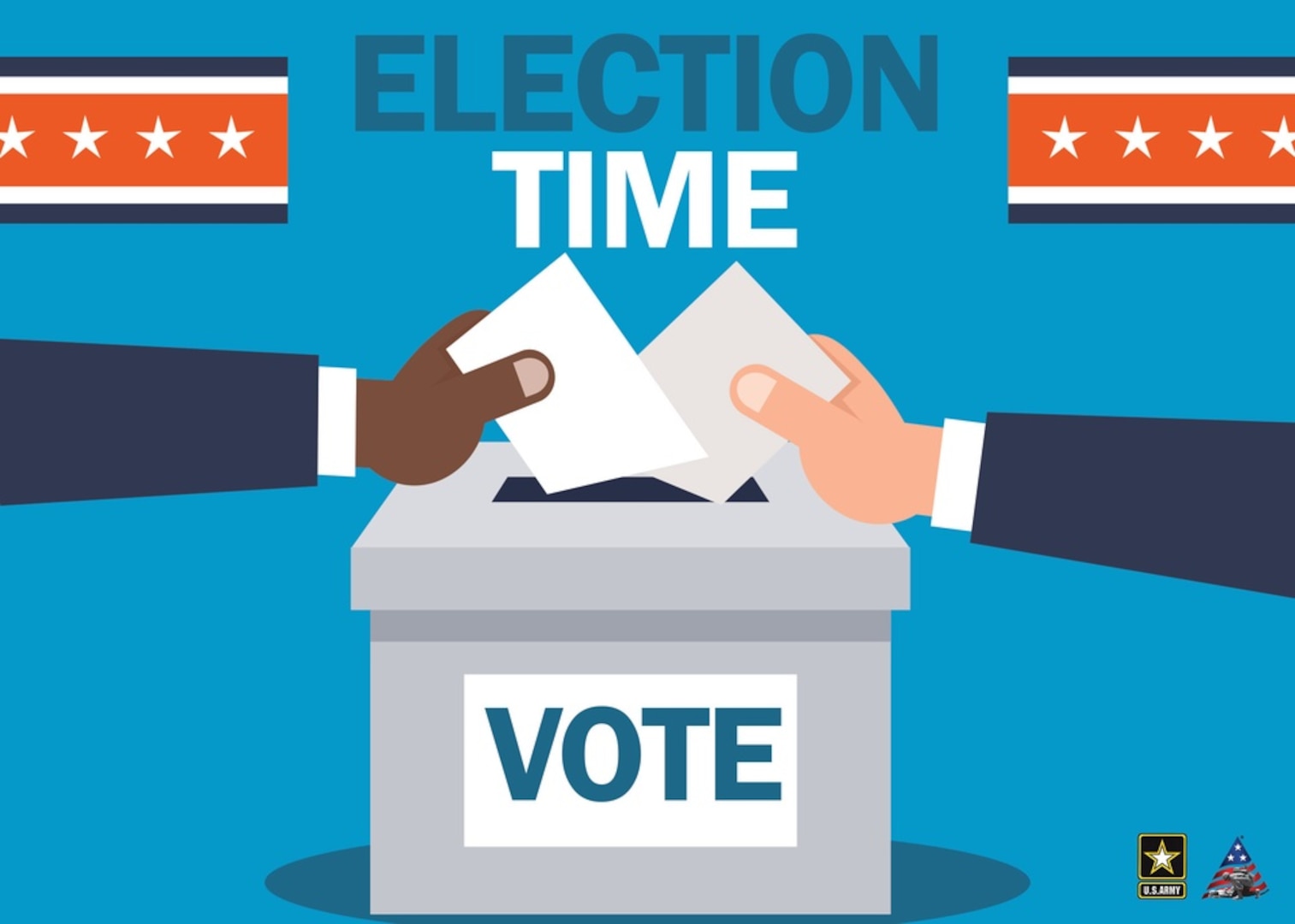COMPOSITION: OPINION ESSAY:
LOWERING THE VOTING AGE:
16-year-olds are just as knowledgeable about civics and have the same ability to make good voting choices as older voters
Lowering the voting age to 16 increases voter turnout and develops lifelong voting habits.
At age 16, people should have a voice in the laws that affect their lives and a stake in the future of their country.
The vast majority of Americans of all ages and political views agree that 16-year-olds should not be given the right to vote.
The 18-29 age group has extremely low voter turnout numbers, suggesting that people aren't ready to vote until later in life.
Kids under the age of 18 aren't mature enough to participate in elections.
RETIRED PEOPLE BANNED TO VOTE:
COMPULSORY VOTING:
How much do you know about politics and elections in the United States? Answer the questions.
1. There are two main political parties and they are called
a. Democrats and Conservatives
b. Democrats and Republicans
c. Liberals and Republicans
2. The people who work in the US Congress to make new laws are called
a. Ministers and Senators
b. Representatives and Secretaries
c. Senators and Representatives
3. The US Constitution is
a. the supreme law of the country
b. the highest court of the country
c. what politicians say they are going to do if they win the election
4. Presidential candidates run for office every
a. three years
b. four years
c. five years
5. When a new president is inaugurated and takes office, they have to
a. move into the WhiteHouse
b. throw a party for international leaders
c. promise to support the Constitution
6. A president is allowed to hold office for a total of
a. two terms
b. three terms
c. there is no limit
What do you know about how American presidents are elected?
The Electoral College (Adapted from usa.gov)
On Election Day in early November, people in every state cast their votes for their preferred candidates. But American voters are not voting directly for their president. They are actually voting for a group of people called electors. In the US, only presidential elections use the electoral college system.
The electoral college works like this: each state gets a certain number of electors, chosen by their political parties and based on the state’s Congressional representation. States with larger populations have more electors than those with smaller populations. The popular vote is counted state by state, rather than nationally. In mid- December, the electors from each state meet to officially select the candidate who won the most votes in that state. The candidate who has more than 270 electoral votes (out of 538) wins the national election.
In most states, it’s winner takes all: whichever candidate has the largest share of the vote captures all the electoral votes for that state.It is possible that a candidate can receive the most votes in the whole country, but still lose the electoral vote.
The electoral college system was written into the Constitution more than 200 years ago, intended as a compromise between a popular vote and a vote in Congress. To change this system, a Constitutional amendment would be required.


No comments:
Post a Comment